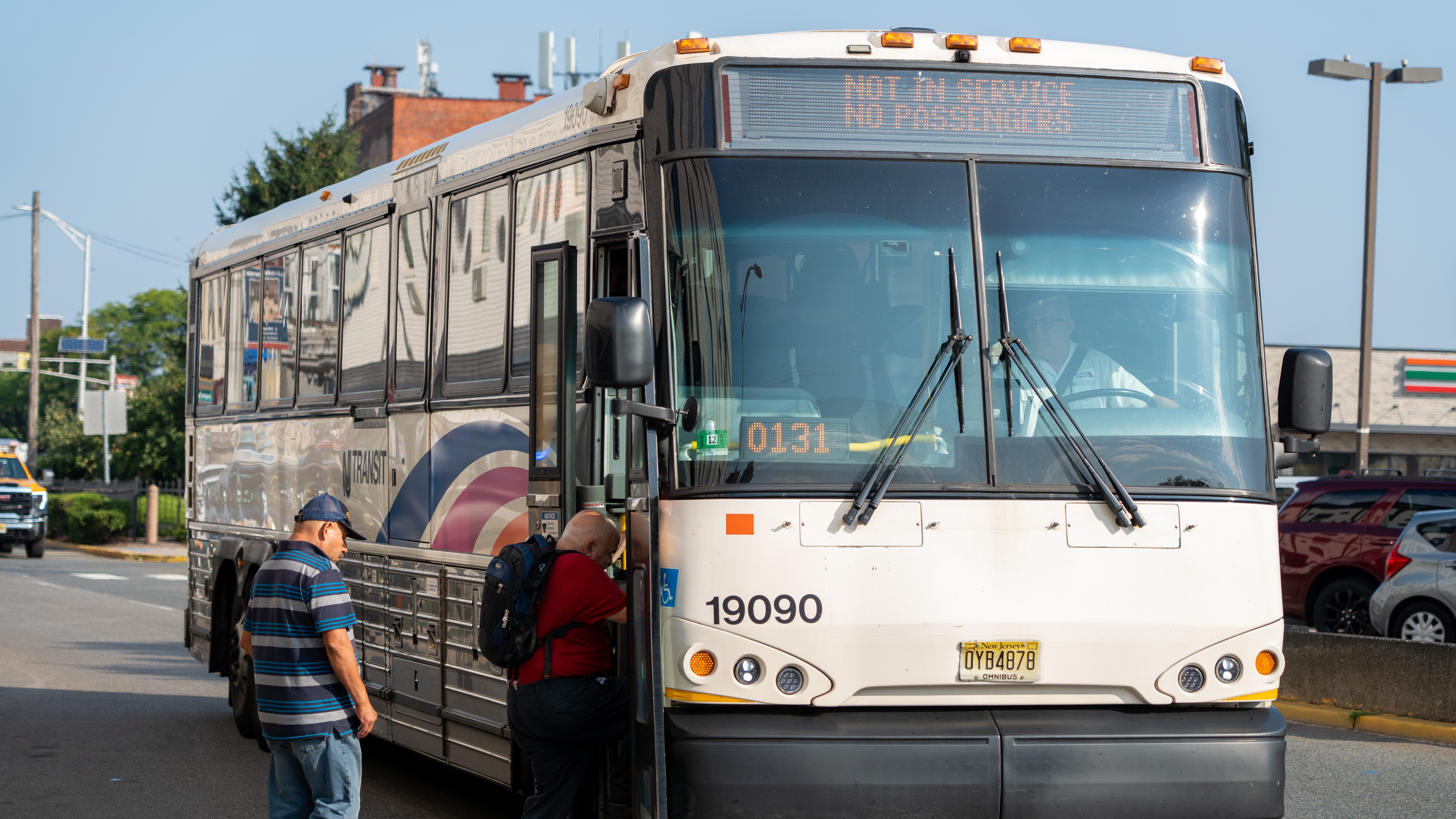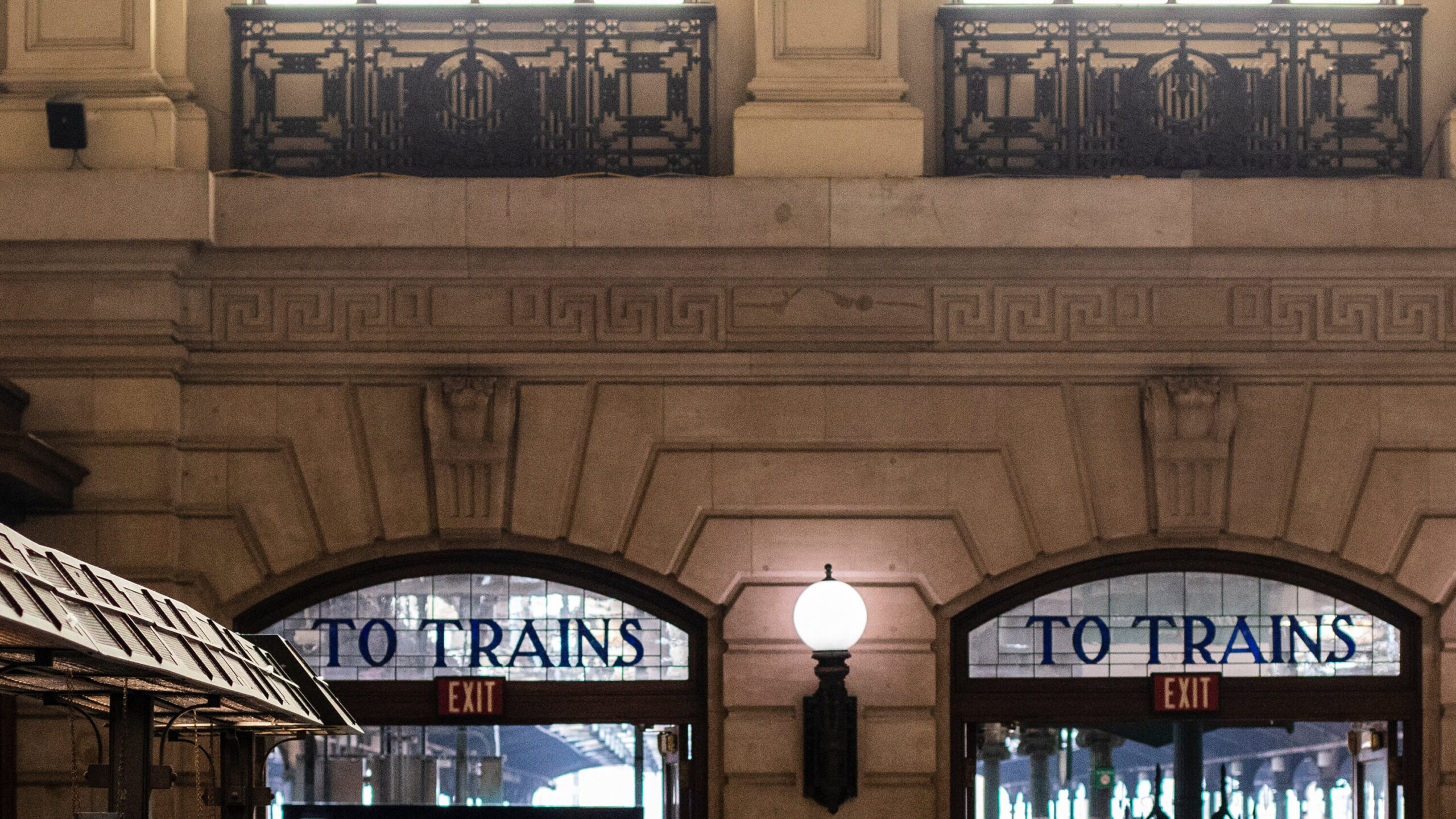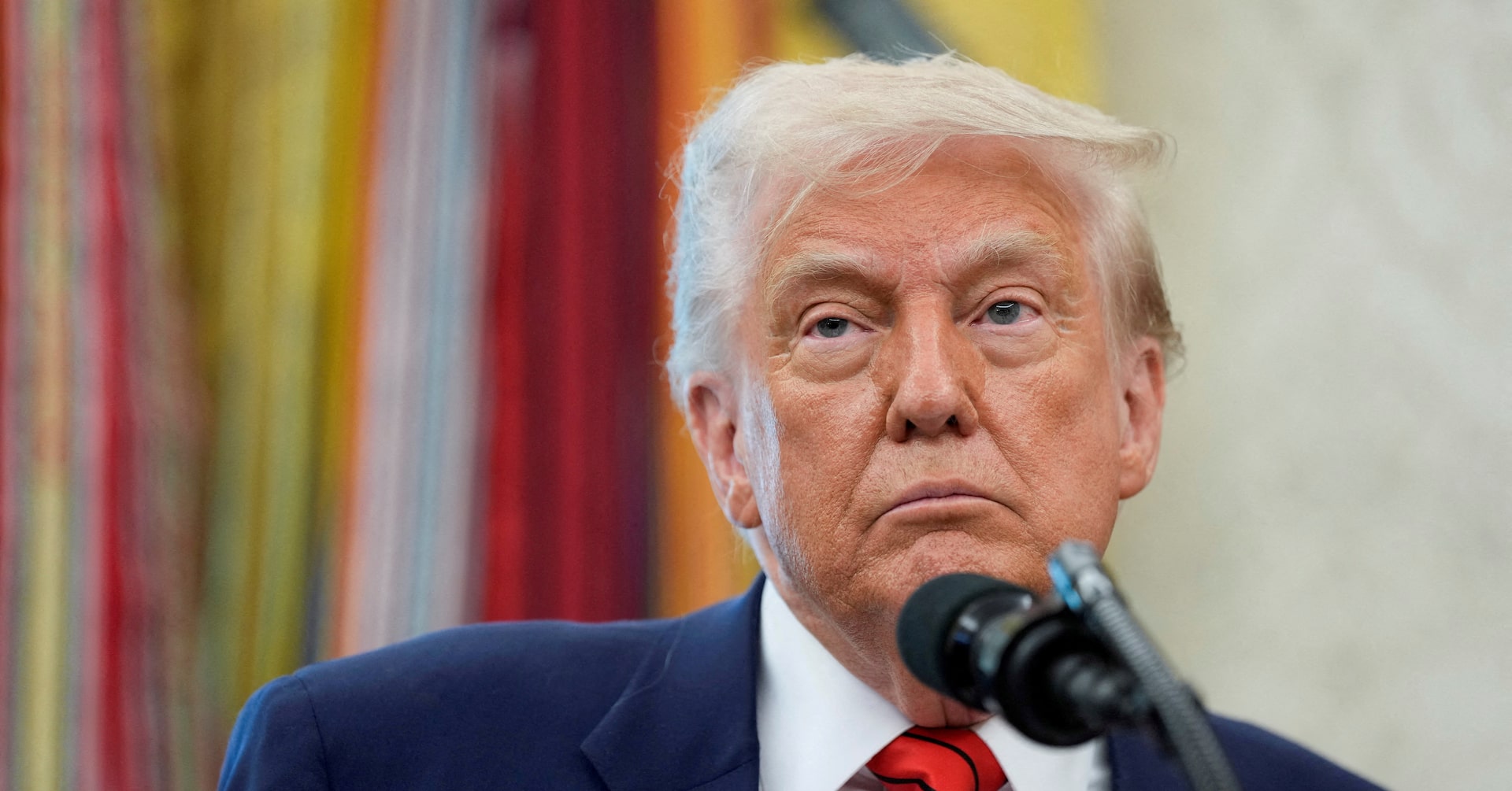2-minute read

Options to get to New York City aside from NJ Transit trains
Some alternate ways to get to New York City include buses, the ferry, the PATH and more.
- The two sides are expected to resume talks on Sunday.
- An unexpected meeting was held on Saturday, that was called ‘constructive’ at the end of the day’s talks.
NJ Transit management and unionized rail workers made an unexpected dash back to the bargaining table on Saturday afternoon.
But how much progress the sides made was not known.
Now begins a crucial day three of the strike on the eve of the workweek and the two sides will meet again.
Kris Kolluri, CEO and president of NJ Transit, called Saturday’s bargaining session “constructive.” Leaders of the Brotherhood of Locomotive Engineers and Trainmen union, which had asked to meet Saturday, would not categorize Saturday’s talk and would only say that a meeting was planned for Sunday.
Story continues below photo gallery.
Both sides have also agreed to meet with the National Mediation Board on Sunday to continue discussions.
Saturday offered a bit of a reprieve for rail riders as far fewer needed to commute. The 18 NJ Transit tracks at Hoboken Terminal were eerily quiet on a sunny Saturday afternoon, with gates blocking the platforms and dozens of train cars idled.
Locomotive engineers walked off the job Friday to protest stalled negotiations over a five-year-old expired contract. The strike has affected about 172,000 weekday riders.
Gov. Phil Murphy and Kolluri said last week that a deal is “imminently achievable” but offered few details.
This is the second rail strike in the 42 years that NJ Transit has provided rail service. The first one came in 1983, the year the agency took over a variety of once-bankrupt railroads, and lasted 34 days.
NJ Transit executives said they offered the engineers wage increases similar to what has been offered to 14 other unions with whom they bargain. Union officials said they are asking for better wages similar to what other engineers make at other nearby railroads.
Kolluri said the higher wage would have a difficult ripple effect across all of NJ Transit’s worker unions. The agency would have to offer more pay to its other unions because of “me too” clauses, which could force drastic fare hikes, the need for a significant increase in the corporate transit fee or draconian levels of cuts in service to cover the costs. Tom Haas, the union’s chairman, said they had offered changes to healthcare plans or work rules to lower costs in their proposal and work around those clauses, but NJ Transit “chose to ignore that opportunity.”






